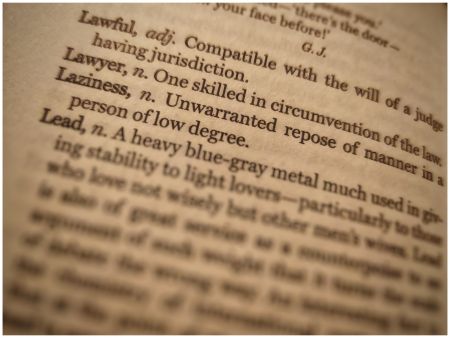Waiver
|
Waiver /ˈweɪvə/ (n.)
A topic that can give a common lawyer hives and an under-confident credit officer an entire psychiatric episode. So much so that it once lead to a no waiver clause, and legal eagles and credit officers liked it so much it became part of the legal furniture of almost every commercial agreement. You even see this boilerplate in confidentiality agreements for heaven’s sake.
Our legal friends are liable to spout much paranoid nonsense about waivers — some of it will trampling upon the very founding principles of the law they learned at their first-year contract law tutor’s breast — if the proposition is advanced that “we have a right, but we didn’t use it, and now we might have lost it”.
Lost it? Forever? Can a contractual right, unexercised, really just evaporate from the page while counsel wring their hands, like so much dew in the morning sun, or that alcoholic gel you find in the public conveniences of officious yet parsimonious organisations?
Your contractual rights are a not quite that ephemeral — at least not under English law. (Americans might like to check our page on course of dealing however). You don’t lose them forever just because you don’t exercise them: you might, however, be delayed in being able to exercise your rights.
To find out more, see our articles about the two kinds of waiver: “waiver by election” — really, to state the bleeding obvious that by selecting one thing under a contract, you are foregoing its mutually exclusive alternative (for example, you can have velveteen leopardskin upholstery in your new Tesla, or chintz, not both); and “estoppel by waiver” that, by your conduct in the furtherance of an existing contract, your election not to exercise a right gives right to an expectation you won’t exercise it, at least without giving further notice and a reasonable time for your counterparty to sort themselves out and get ready to perform it. Spiritually related, we think, to the reliance and change of position aspects of a defence to a claim in restitution.
Generally, litigation tends to concern waiver by estoppel, and arguments about waiver by election trouble only cakeists.
See also
- Waiver | Waiver by election | Waiver by estoppel
- Course of dealing under the Uniform Commercial Code
- Estoppel
- No waiver boilerplate clause

